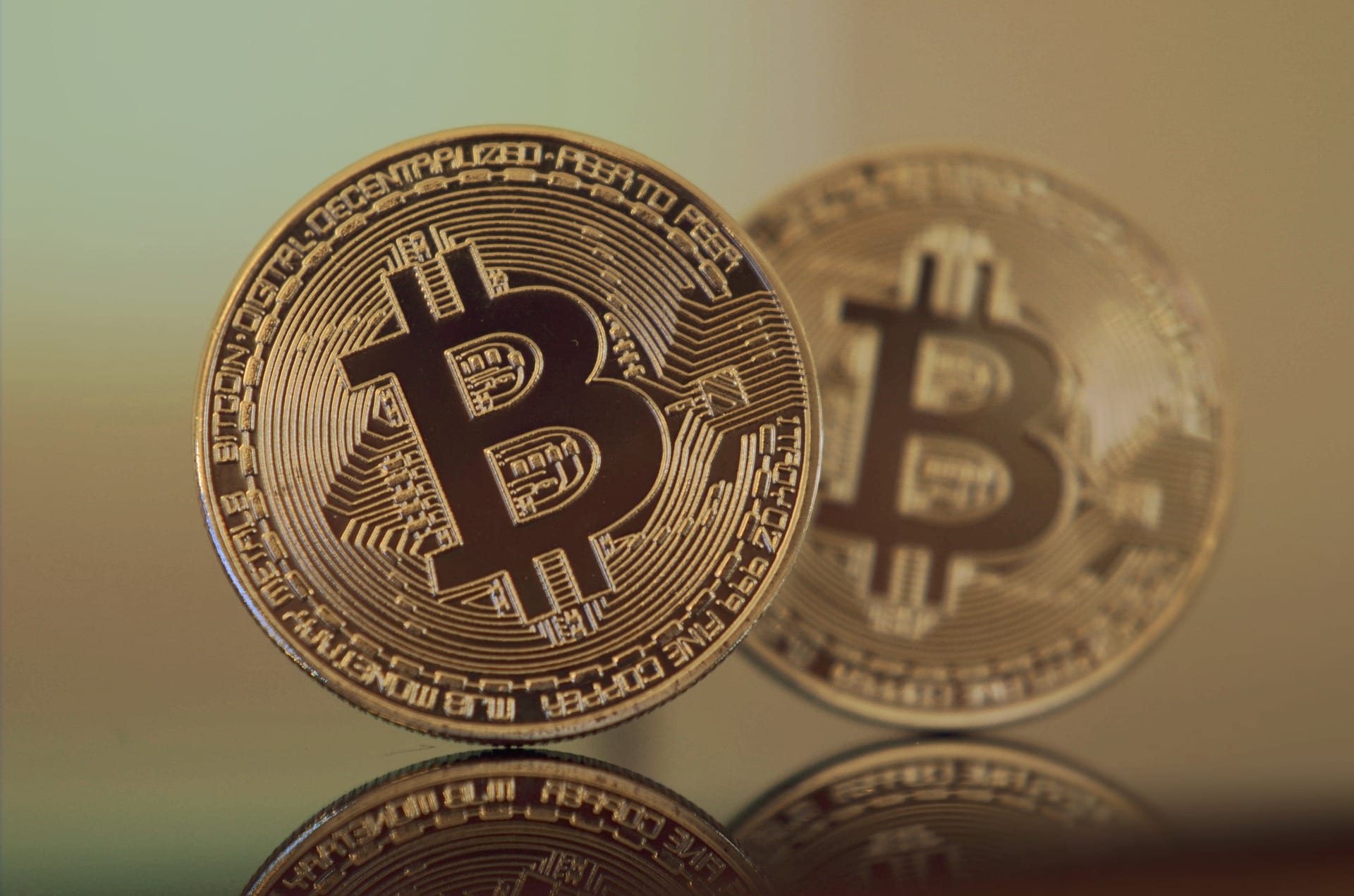On Episode 107 of The Edge of Innovation, we’re digging in our archives to bring back our most popular podcast – “Introduction to Cryptocurrency.”

Hacking the Future of Business!

On Episode 107 of The Edge of Innovation, we’re digging in our archives to bring back our most popular podcast – “Introduction to Cryptocurrency.”

On Episode 2 of The Edge of Innovation, we’re talking about cryptocurrency. We have to translate currencies because banks assign them value. But for cryptocurrency, you could say “I want to buy a bitcoin.” Well what’s it worth?